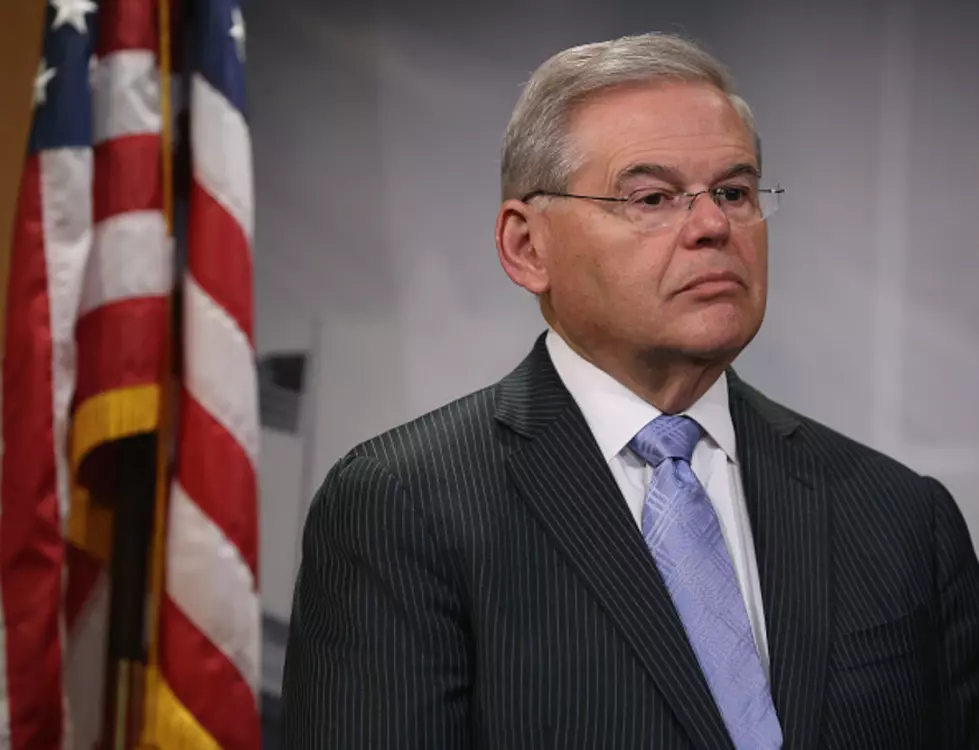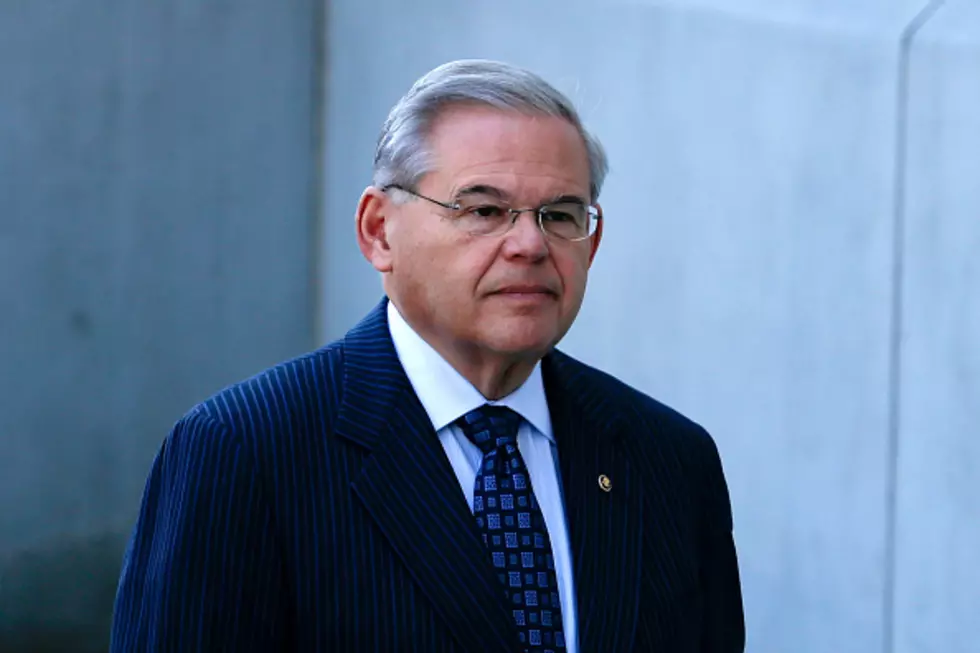
Menendez case would test Justice Dept. anti-corruption unit
WASHINGTON (AP) -- A criminal prosecution of Sen. Bob Menendez would represent a major test for a Justice Department anti-corruption unit that recently scored the conviction of a former Virginia governor, but endured humbling setbacks in cases against two former U.S. senators.
The New Jersey Democrat is expected to face criminal charges in the coming weeks over his ties to a Florida eye doctor who is also a longtime friend and political donor, a person familiar with the matter told The Associated Press. Menendez denied wrongdoing and said he has served honorably in his more than 20 years in Congress.
Behind the effort to charge Menendez is the Justice Department's Public Integrity Section, a unit created nearly 40 years ago to prosecute government officials for abusing the public trust. The cases charged by the office, whose alumni include Attorney General Eric Holder, mostly involve prosecutions of lower-level public officials, such as a former Arizona state lawmaker who bilked a nonprofit and an Arkansas judge who pocketed a bribe, as well as corrupt police officers and military personnel.
But it's the high-profile cases of nationally known officeholders on which the unit is judged by the public. In deciding to charge Menendez, federal prosecutors would be looking to build on a couple of recent high-visibility wins.
Those include the conviction last summer of former Virginia Gov. Bob McDonnell, along with his wife, for promoting a dietary supplement in exchange for $165,000 in gifts and loans. McDonnell was sentenced to two years in prison, though he has been allowed to remain free while he appeals.
Before that came the 2013 conviction of former Arizona Rep. Rick Renzi for using his office for personal gain by pushing a proposed land exchange involving a co-defendant.
Those wins served as morale-boosters for a section that, under different leadership, was scrutinized for its bungling of the case of Alaska GOP Sen. Ted Stevens and misconduct that a specially-appointed investigator described as "widespread." Though Stevens was convicted of lying on Senate financial disclosure forms to hide home renovations and gifts from wealthy friends, Holder dismissed the case in 2009 as the Justice Department acknowledged that its prosecutors had withheld evidence favorable to Stevens' defense. Members of the trial team were held in contempt and the chief of the section was subsequently reassigned.
Another setback was the 2012 campaign-finance fraud prosecution of former Sen. John Edwards, a North Carolina Democrat. That case involved whether Edwards misused money from two donors to hide his pregnant mistress as he ran unsuccessfully for president, but ended in a mistrial after a jury acquitted him on one charge and deadlocked on the others. The government, criticized for what some defense lawyers saw as an overly aggressive approach in bringing the case in the first place, opted against retrying him.
Justin Shur, a former deputy chief of the section who is now in private practice, cautioned against defining the section's success or failure based on isolated cases.
"The section brings cases that they believe have merit based on the evidence, regardless of whether it's a United States senator or the clerk at a local courthouse," Shur said in an email.
In the case of Menendez, the investigation has focused on multiple round-trip flights that Menendez accepted from Dr. Salomon Melgen - trips for which he later made reimbursements after they attracted unwelcome scrutiny - and whether the senator improperly performed favors on his benefactor's behalf.
He has acknowledged taking several actions that could have appeared to benefit Melgen, including contacting federal health care officials to urge changes to a Medicare payment policy that had cost Melgen millions of dollars. But at a news conference in New Jersey on Friday, he pointed out that he was friends with Melgen long before he joined the Senate and said he had never done anything inappropriate.
Peter Zeidenberg, a former prosecutor in the section, said public corruption cases like this one generally require proof of a pattern of gifts on one side of the ledger and legislative or other favors on the other. That also means establishing that the gifts were made with criminal intent, rather than "purely out of affection or because of their longstanding relationships," he said.
"There's no such thing as a slam-dunk case," he said.
More From New Jersey 101.5 FM









